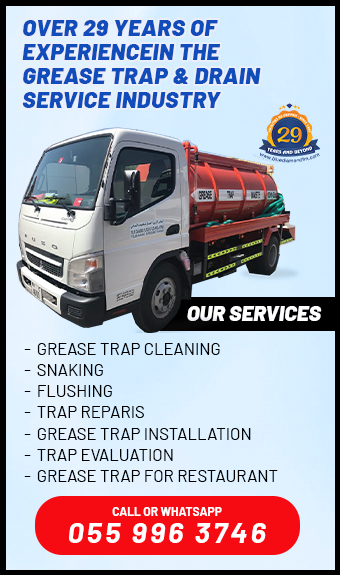Grease Trap Waste Disposal in the UAE: A Guide for Restaurants
In the fast-paced world of UAE dining, Grease Trap Waste Disposal often goes unnoticed—until it becomes a problem. Grease traps collect fats, oils, and grease (FOG) from your kitchen’s wastewater to protect pipes and sewers. But when traps aren’t emptied regularly, FOG solidifies, causes blockages, and can trigger expensive repairs, health violations, and even legal penalties. In this friendly guide, we’ll walk you through everything a restaurant owner needs to know to stay compliant, protect the environment, and keep your operations running smoothly.
What Is Grease Trap Waste Disposal?
A grease trap is a simple yet vital device installed beneath sinks or floor drains. It captures FOG and food solids before they enter your local sewer system. Grease Trap Waste Disposal refers to the professional process of pumping out that captured material and transporting it safely to an approved treatment facility. Trained technicians use specialized vacuum trucks to separate water from fats, then deliver the waste to licensed processing plants—ensuring grease never wreaks havoc on public pipes or the environment.
Why It Matters for UAE Restaurants
Preventing Blockages: In Dubai’s warm climate, grease turns solid quickly. A neglected trap can clog your drains overnight, halting service and risking customer dissatisfaction.
Health & Safety: Old grease breeds bad odors and attracts pests. A clean trap keeps your kitchen smelling fresh and meets hygiene standards.
Regulatory Compliance: Authorities like the Dubai Municipality enforce strict fines for improper disposal. Think of your grease trap as your first line of defense—it’s legally required and publicly inspected.
Environmental Responsibility: Used grease can contaminate waterways and harm marine life. Proper disposal demonstrates your restaurant’s commitment to sustainable practices.
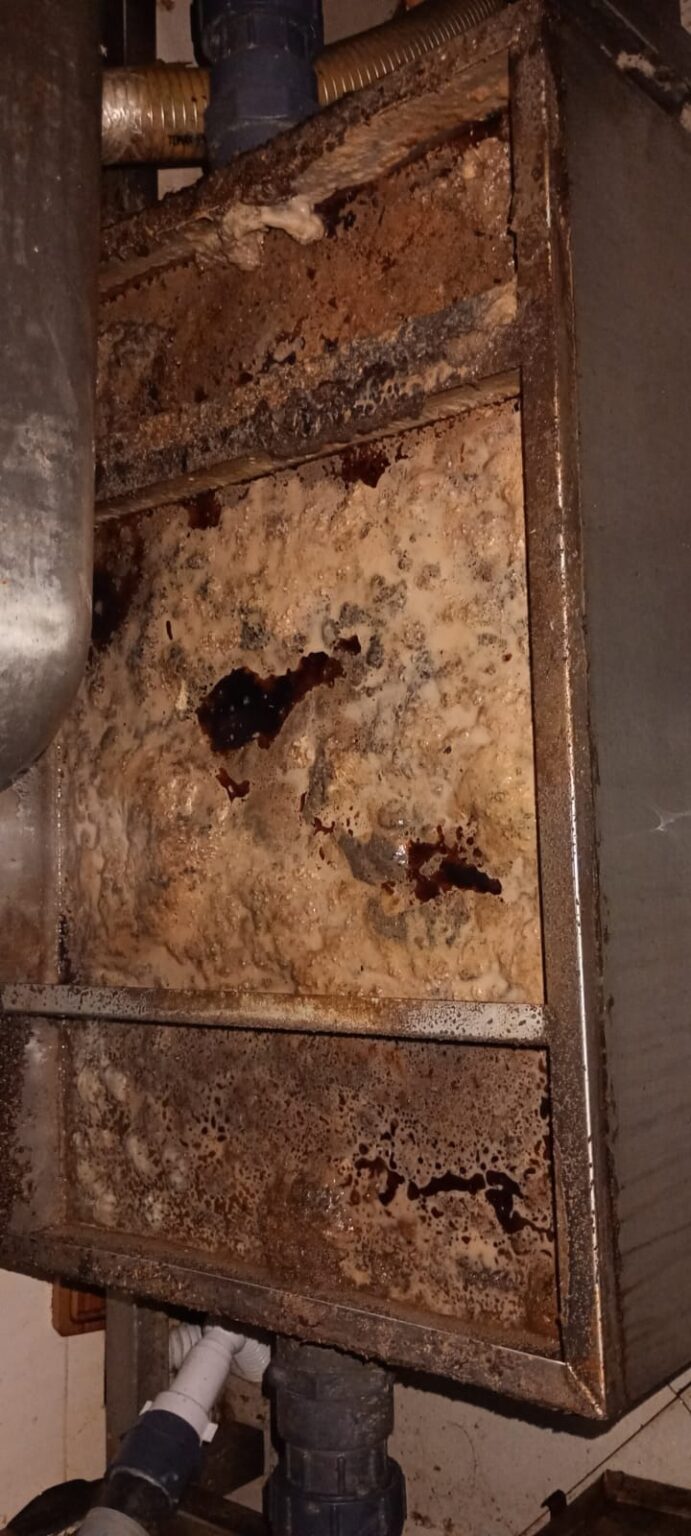

UAE Regulations You Must Know
Mandatory Installation: All commercial kitchens in the UAE must install a grease trap sized appropriately for their volume.
Regular Cleaning: Dubai Municipality recommends service at least every 1–2 months (more often for high-volume kitchens).
Licensed Transport: Only companies with a valid Dubai Municipality license (activity code 900017) may collect and transport FOG waste.
Approved Facilities: Waste must go to government-approved treatment or recycling centers—no backyard dumping.
Recordkeeping: Keep detailed logs of each cleaning date and disposal receipt. Inspectors can request these records anytime.
Best Practices for Grease Trap Waste Disposal
Stick to a Schedule: Partner with a provider who offers recurring service plans—set it and forget it.
Maintain Accurate Logs: Digital or paper, logs prove you’re on top of compliance.
Use Licensed Professionals: Only hire Dubai Municipality–approved companies to avoid liability.
Reduce Incoming FOG: Train staff to scrape plates, use sink strainers, and avoid pouring oils down the drain.
Consider Enzyme Treatments: Safe, restaurant-approved enzymes can help break down residual grease between cleanings.
Right-Size Your Trap: An undersized trap overflows; an oversized trap cools grease too quickly. Work with experts to choose correctly.
How to Choose a Licensed Service Provider
Verify Licensing: Ask for their Dubai Municipality license number (code 900017).
Check Experience: Look for providers with proven track records in commercial kitchen maintenance UAE.
Inspect Equipment: Modern vacuum trucks and filtration systems mean a more thorough clean.
Ask About Sustainability: Some companies partner with biofuel plants—your waste becomes energy.
Review Contracts: A transparent agreement should outline service frequency, emergency response, and pricing.
Common Mistakes to Avoid
Skipping Cleanings: Ignoring your schedule leads to costly backups.
DIY Disposal: Illegal dumping or using non-licensed haulers risks heavy fines.
No Documentation: Without receipts and logs, you can’t prove compliance.
Overlooking Trap Size: An improperly sized trap works against you, not for you.
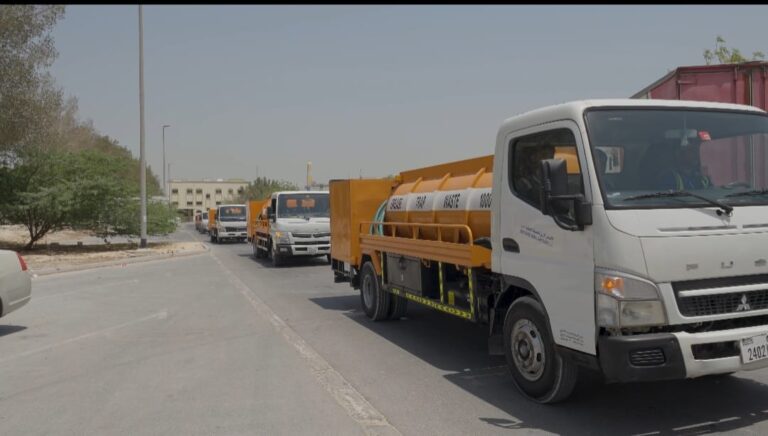
Conclusion
Proper Grease Trap Waste Disposal is about more than avoiding fines—it’s about running a safe, efficient, and environmentally responsible kitchen. At GreaseTrap.com, we offer UAE-wide, licensed disposal services and professional consultation to keep your restaurant in perfect compliance.
Book a Free Compliance Check Today
Explore Our Grease Trap Cleaning Services
Most Frequently Asked Question
Cleaning should be done every 1 to 3 months based on kitchen volume and Dubai Municipality guidelines.
No—only Dubai Municipality–licensed providers can legally collect and transport FOG waste.
Maintain logs of cleaning dates, truck manifests, and disposal receipts for at least two years.
You risk plumbing backups, health code violations, and fines up to AED 50,000
Yes—approved enzyme products can help reduce grease buildup between professional cleanings
To government-approved treatment or recycling facilities that convert FOG into biofuel or safely process it
Our Services
Our step-by-step guide simplifies the cleaning process, ensuring a hassle-free experience while keeping your traps clean.
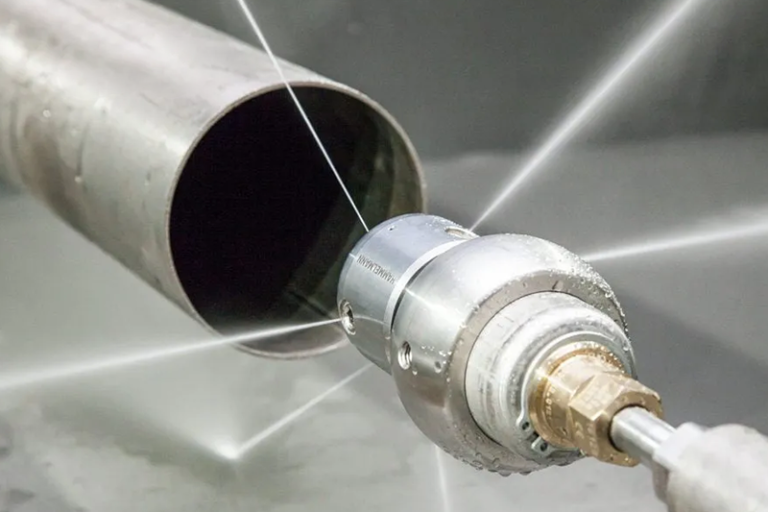
Drain Line Jetting
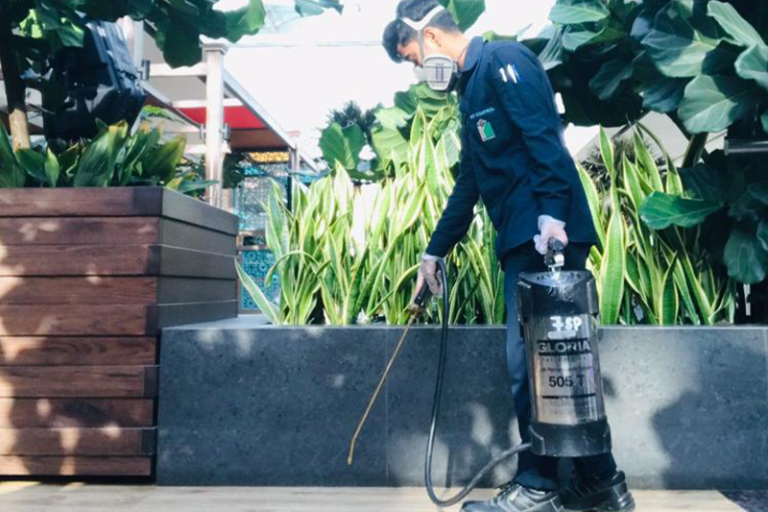
Pest Control Service
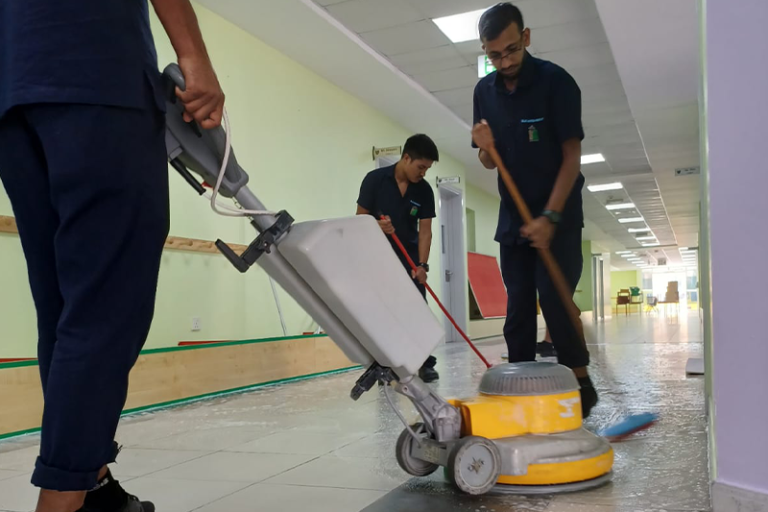
Deep Cleaning
business
Our Working Process
Let’s start the journey towards success and enhance revenue for your business. Take your company to the next level.
Book An Appointment Today
Blue Diamond would like to hear from you. if you have business inquiries. Get in touch with us.





